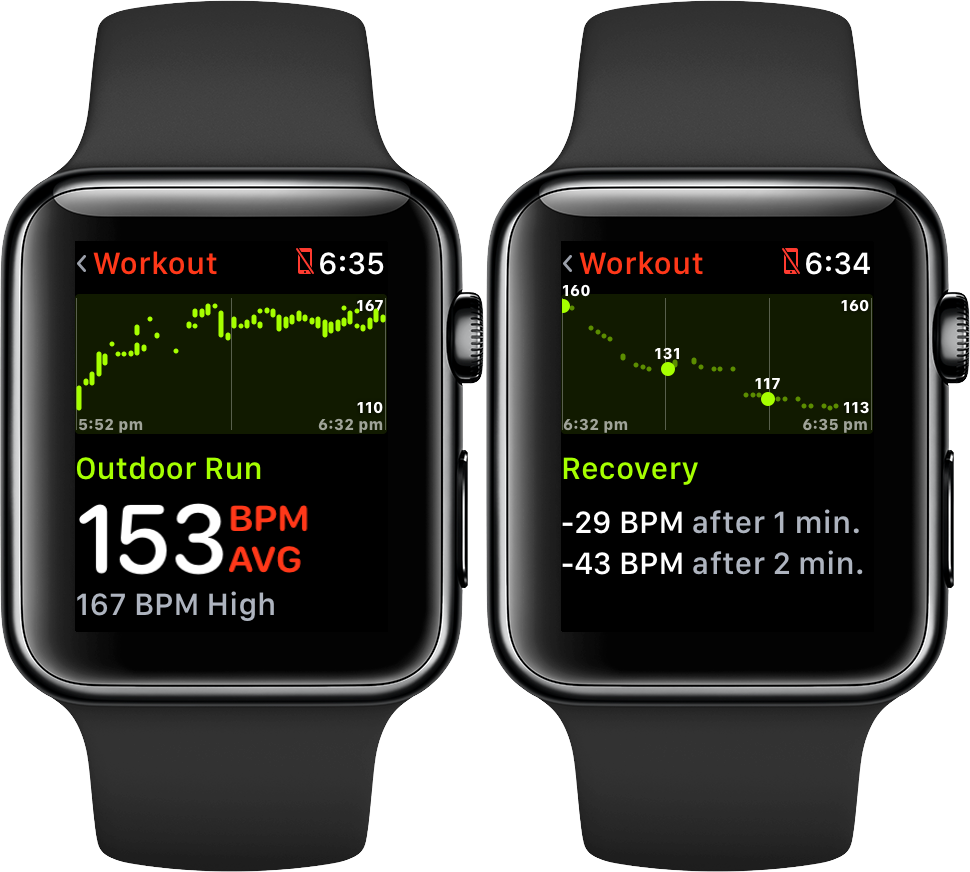Digital health-tracking start-up Cardiogram on Wednesday at the annual AAAI Conference on Artificial Intelligence in New Orleans presented research suggesting it's possible to use the heart rate sensor and step counter in wearables like the Apple Watch and Fitbits to determine if a person has diabetes.
In partnership with UC San Francisco, the start-up trained a deep neural network using samples from people with and without diabetes. The network, dubbed DeepHeart, was trained using two semi-supervised deep learning techniques ("unsupervised sequence pretraining" and "weakly-supervised heuristic pretraining"). Once trained, the neural network was able to determine if an individual had diabetes with 85 percent accuracy.
As Cardiogram co-founder Brandon Ballinger tells Upbeat, diabetes is a serious health issue. More than 100 million adults in the US are now living with prediabetes or diabetes. One in four of those with diabetes are undiagnosed and more than 88 percent of people with prediabetes don't know they have it.

Cardiogram and UCSF previously demonstrated the neural network's ability to detect hypertension (chronic high blood pressure), sleep apnea and atrial fibrillation. If you recall, the heart rate sensor in the Apple Watch was able to detect such conditions 97 percent of the time.
The new research is significant as it is the first large-scale study to show that ordinary heart rate sensors can identify early signs of diabetes.
"If Apple includes a glucose monitor in the next Watch, we'll be the first developers to try it," Ballinger said. "We designed DeepHeart to be both multi-task (able to detect multiple health conditions) and multi-channel (able to incorporate multiple sensor data streams) for exactly that reason."
Thumbnail courtesy The Verge
